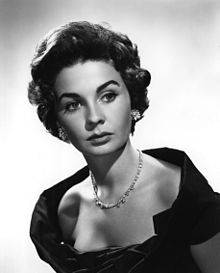This post was first published on March 1st, 2012.
Some Indian Courts, such as Delhi High Court, have of late been very aggressive in enforcing various IP rights online and in digital media. However, considering the recent development of publicity rights law in India, there has not been an instance of its enforcement online or in computer games. We will, therefore, take a computer game hypothetical to review the applicability of publicity right law.
Let us assume that an online cricket game is made in two versions. Version 1 is called world cup, which allows matches between various national teams. It includes existing cricket players with appropriate attributes of personalities embedded in each virtual character. The second version is called, Premier League, which is similar to the Indian Premier League and involves matches between clubs. A gamer can purchase players online for a pre-fixed cost and can form his own team to play matches. He can also sell players and sign endorsement deals for advertisements to be shown during matches on their behalf.
Assuming that cricketers would sue the computer games company, would the company be liable for publicity rights violation?
All cricketers are well recognized by the public in India and are therefore celebrities. As both versions of the game are meant for commercial gain, the decision on violation really boils down to whether the use of cricketers’ persona in the game amounts to free speech and expression. The World Cup version incorporates personalities of cricketers in various national teams and does not give flexibility to a gamer to modify the same. Such use in a game would most probably amount to free speech and expression because the persona of cricketers forms part of the expression of the game as a whole and the game does not rely on the personalities per se for commercial gain. In such a case the balance weighs in favor of public’s legitimate interests to access the game and a person’s interest to express the game and can, therefore, be considered to be free speech and expression.
On the other hand, in the premier version of the game, each cricketers’ persona is the subject of commercial exploitation and forms the core of the computer game, which requires formation of clubs by purchasing players. Furthermore, the game also permits gamers to sign advertisement deals making the persona subject of commercial transactions based on a gamer’s wish and will. As the use of persona of a cricketer forms the core of the expression rather than part of a whole expression, the second version would be liable for publicity rights violation. Here the commercial impact on a celebrity’s rights outweighs the legitimate interests of teh public. The public does not definitely have the right to have commercial access to a celebrity’s persona.
The two versions elucidate two extremes of free speech and expression. The line between the two extremes is however not clear. Where does the free speech and expression start and where does it end? As of date, there is no test for the same and unless the court lays down such a test, the ambiguity will persist.
Image Source/Attribution here (This image is in the public domain)



